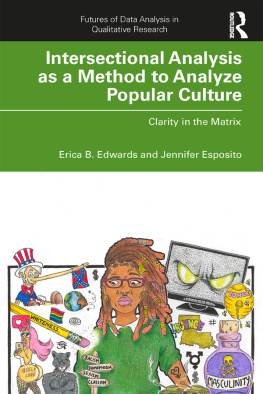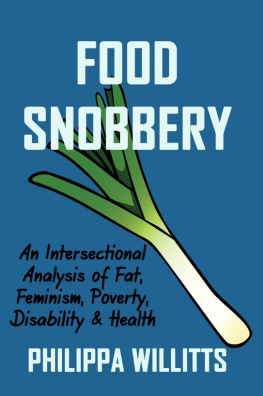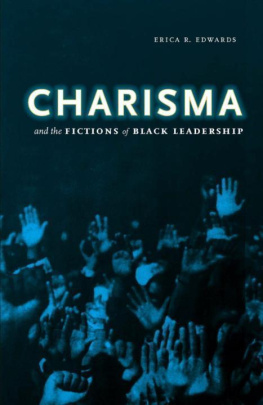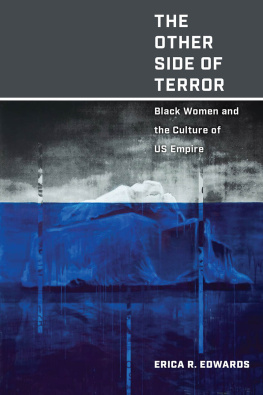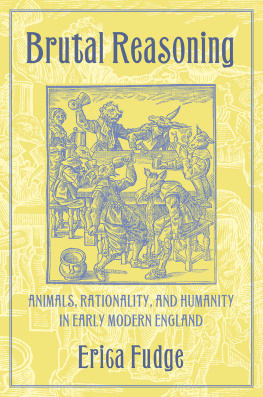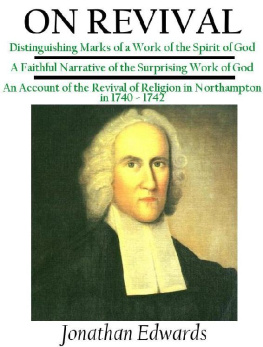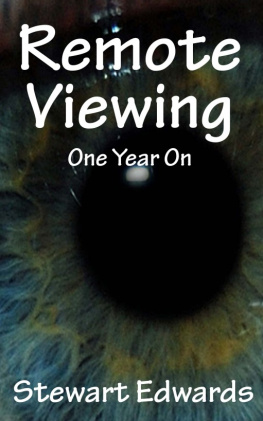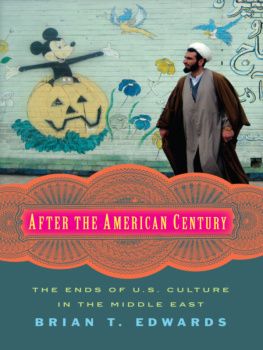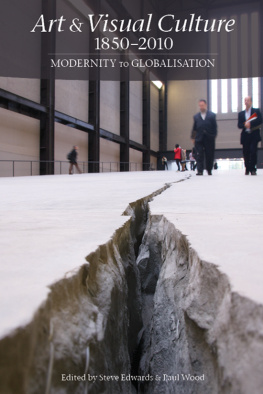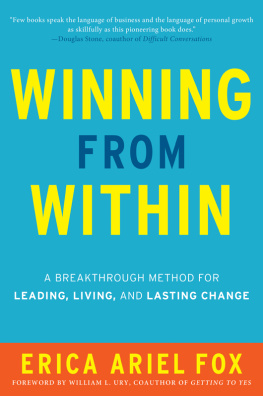Intersectional Analysis as a Method to Analyze Popular Culture
Intersectional Analysis as a Method to Analyze Popular Culture: Clarity in the Matrix explores how race, class, gender, sexuality, and other social categories are represented in, and constructed by, some of the most significant popular culture artifacts in contemporary Western culture.
Through readings of racialized television sitcoms, LGBTQ+ representation in mainstream American music, the role of Black Panther in Western imperialist projects, and self-love narratives promoted by social media influencers, it demonstrates how novice and emerging researchers can use intersectional theory as an analysis method in the field of cultural studies. The case studies presented are contextualized through a brief history of intersectional theory, a methodological rationale for its use in relation to popular culture, and a review of the ethical considerations researchers should take before, during, and after they approach popular artifacts.
Intended to be a textbook for novice and emerging researchers across a wide range of social science disciplines, this book serves as a practical guide to uncover the multiple and interlocking ways oppression is reified, resisted, and/or negotiated through popular culture.
Erica B. Edwards is an assistant professor of educational leadership and policy studies at Wayne State University. Her research focuses youth experiences with exclusionary discipline at the intersections of racism, classism, and sexism. Considering the central ideological role of popular culture in youth experiences, Erica also writes about the educative value of television, film, and music from a Black feminist perspective.
Jennifer Esposito is a professor of educational policy studies at Georgia State University. Her research includes the ways race, class, gender, and sexual orientation shape ones access to and experience within all levels of education. She also interrogates how popular culture functions as an educative site.
Futures of Data Analysis in Qualitative Research
Series Editor: Kakali Bhattacharya
Kansas State University
The books in the series Futures of Data Analysis in Qualitative Research document the various ways in which qualitative researchers approach data analysis within the context of qualitative inquiry. The series specifically encourages work done from various intersected margins which focus on ways in which a researcher might have had to break rank with traditions, established practices, or privileged, dominant approaches. The books consider multiple aspects including, but not limited to, role of theory, ethics, positionality, processes and their role in generating insights.
While the emphasis of the series is analysis, books in the series could also subvert how analysis is understood and practiced in qualitative inquiry if established discourses are incommensurable for their specific inquiries. Focusing on non-traditional or reconfiguration of the familiar in analysis, the series encourages books written from various interpretive, critical, deconstructive, or other contemporary orientations. The books not only offer narrative details of qualitative data analysis process with examples, but also new ontoepistemic, theoretical, methodological, and substantive knowledge.
For more information about the series or to submit a book proposal, please contact Series Editor Kakali Bhattacharya, kakalibh@ksu.edu.
Volumes in this series include:
Black Feminism in Qualitative Inquiry
A Mosaic for Writing Our Daughters Body
Venus E. Evans-Winters
Intersectional Analysis as a Method to Analyze Popular Culture
Clarity in the Matrix
Erica B. Edwards and Jennifer Esposito
For a full list of titles in this series, please visit: www.routledge.com/Futures-of-Data-Analysis-in-Qualitative-Research/book-series/FDAQR
Intersectional Analysis as a Method to Analyze Popular Culture
Clarity in the Matrix
Erica B. Edwards and Jennifer Esposito
First published 2020
by Routledge
2 Park Square, Milton Park, Abingdon, Oxon OX14 4RN
and by Routledge
52 Vanderbilt Avenue, New York, NY 10017
Routledge is an imprint of the Taylor & Francis Group, an informa business
2020 Erica B. Edwards and Jennifer Esposito
The right of Erica B. Edwards and Jennifer Esposito to be identified as authors of this work has been asserted by them in accordance with sections 77 and 78 of the Copyright, Designs and Patents Act 1988.
All rights reserved. No part of this book may be reprinted or reproduced or utilised in any form or by any electronic, mechanical, or other means, now known or hereafter invented, including photocopying and recording, or in any information storage or retrieval system, without permission in writing from the publishers.
Trademark notice: Product or corporate names may be trademarks or registered trademarks, and are used only for identification and explanation without intent to infringe.
British Library Cataloguing-in-Publication Data
A catalogue record for this book is available from the British Library
Library of Congress Cataloging-in-Publication Data
A catalog record for this book has been requested
ISBN: 978-0-367-17340-1 (hbk)
ISBN: 978-0-367-17342-5 (pbk)
ISBN: 978-0-429-05631-4 (ebk)
Typeset in Bembo
by Apex CoVantage, LLC
Dedicated with thanksgiving to God and to Dr. Sari Biklen for inspiring a love of qualitative research and cultural studies
Contents
This book came about because of our mutual fascination with the educative value of popular culture. As education policy scholars, we interrogate this institution because it makes a profound impact on youth particularly among those living at the intersections of multiple and overlapping systems of domination. Whenever vulnerable youth watch TV and films, listen to music, log-on to social media, and make fashion choices, they are negotiating customary boundaries and disciplining themselves, their minds, and their bodies in certain ways. Because of this, we consider popular culture to be incredibly significant. It is a site warranting in-depth understanding of what consuming and participating in popular forms means. For the sake of those most vulnerable among us, interrogating how taken for granted tastes, styles, and ideas reinforce, resist, and/or mediate oppression is a critical act. Our ambition in this book is to support novice qualitative researchers in this practice. We are indebted to the many Black and Brown young people who, over the years, have trusted us with their stories and in so doing, have shown us how important popular culture is. We also thank a few of our scholar-friends whose support and perspectives helped develop the case studies presented in this book. A special thank you to Dr. Kakali Bhattacharya for encouraging us to delve deeply into the task of using this book to interrogate the white supremacist heteropatriarchy and for pushing us to be vulnerable in the process. We are sincerely grateful for the opportunity. Thank you, also, to Dr. Michael Bartone for sharing his critical race and quare expertise on an early version of 5. We also acknowledge our families for their unconditional love and support: Jonathan, Mays, and Sula Edwards, Jan Nelson, Mary DeBardeleben, Rolando Phillips, Dennis and Susan Edwards, Dexter Norris, Stella Esposito-Gooden, Gianna Esposito, and Patricia and John Esposito. We love and thank you for cheering us on!


